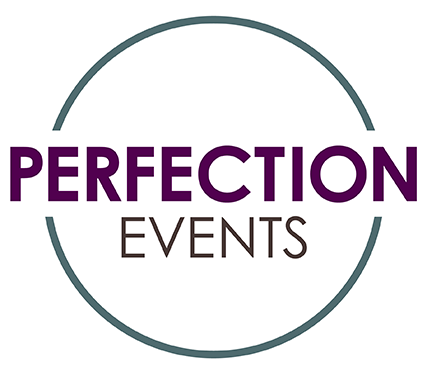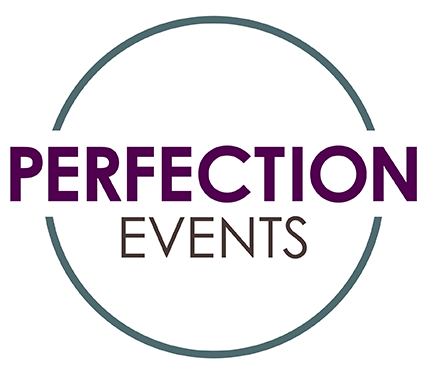Production and AV!
These little words can send fear into the heart of even the most seasoned planner. The reason? We have to rely on technology, and for planners, relying on anything or anyone other than ourselves is a scary proposition. But since planners can’t be screens, microphones, or any of the other gadgets that are so necessary for our meetings, we need to shut down the fear and the best way to do that is to be educated about what gadget does what and how to get the best results from our production teams and equipment.
1. Be Clear About Your Vision and Trust Your Production Partners
As the planner, you don’t have to dictate how the stage should be set, what equipment should be used, how the lighting should be designed, or what the optimal sound levels are. Your primary responsibility in the production process is to have a very clear vision of what the experience will be for the attendees. You must be able to articulate both the event vision and the vision in your head of what the event looks like. A strong production team will be able to translate that vision into all of the technical details and deliver a venue that is even better than the picture you had in your head.
2. Set a Realistic Budget
If you have hired today’s hottest, Grammy-winning band to perform at your closing dinner, please don’t set a $5,000 budget for production and AV. If you are unsure about how to budget AV for an event, call one of your AV contacts, briefly explain the type of meeting you are considering, and ask him/her to help you set a ballpark budget. Taking the time to have this 5 or 10 minute conversation on the front-end will save you hours of frustration and stress later in the planning cycle, we promise you.
3. Leave the Details to the Experts
When you get that 20 page quote for AV where you see a line-item price for every item and you have sticker-shock at the grand total (to avoid this, refer to #2) we know it’s tempting to start to look at the lines with the biggest numbers and question whether or not you need them. Don’t do this. It’s kind of like asking a chef for the list of ingredients with associated prices for your menu, and then crossing things off. We don’t need truffles for a white-truffle risotto or a rack of lamb for a rack of lamb, right? If the quote is higher than your budget, don’t get mired in the details of each gadget. Have a conversation with your production partner about the budget and vision, and determine where you are willing to make some adjustments.
4. Don’t Skimp on Mics
Trying to save a few dollars on microphones seems like a good idea until one speaker walks off with the microphone you need for the next speaker, or until one breaks in the middle of a presentation and you have to wait 30 minutes for a new one. We’re not saying you need to order one mic for every different speaker over a 2-day conference or have 10 back-ups on stand-by, but be realistic and do have at least one back-up available. In the grand scheme of things, it is a minor cost but could save major headaches and embarrassment.
5. Be Strategic in Negotiations
We all tend to spend tons of time on hotel contracts but we zip right on through AV contracts for some strange reason. Stop that! Take the time to talk to your AV company about something other than the line-item cost of a sound mixer. If you approach this contract as strategically as you approach your venue contract, you may find opportunities like tear-down discounts, multi-day rates, volume discounts, a not-to-exceed guarantee, etc. You wouldn’t pass up financial benefits in your hotel contract, so why leave those stones unturned in your production contract?
We know production is a hard topic for many planners, but it is an essential part of virtually every meeting. Tell us your burning questions about production and AV and we’ll address them in an upcoming blog!
Image courtesy of rob_gonyea

